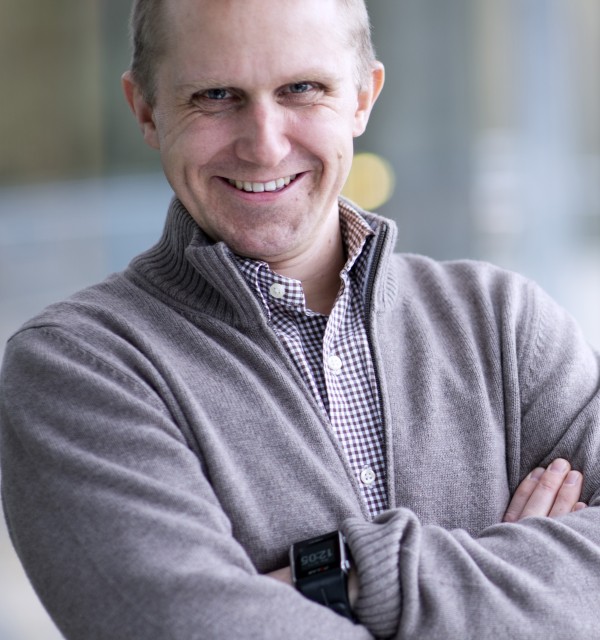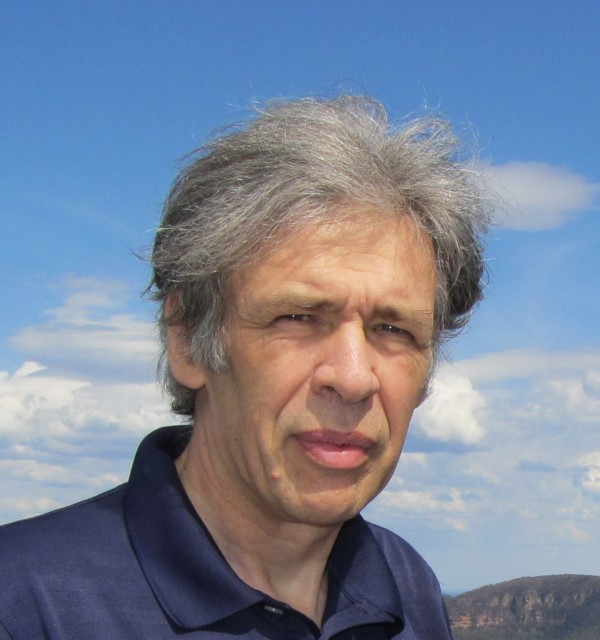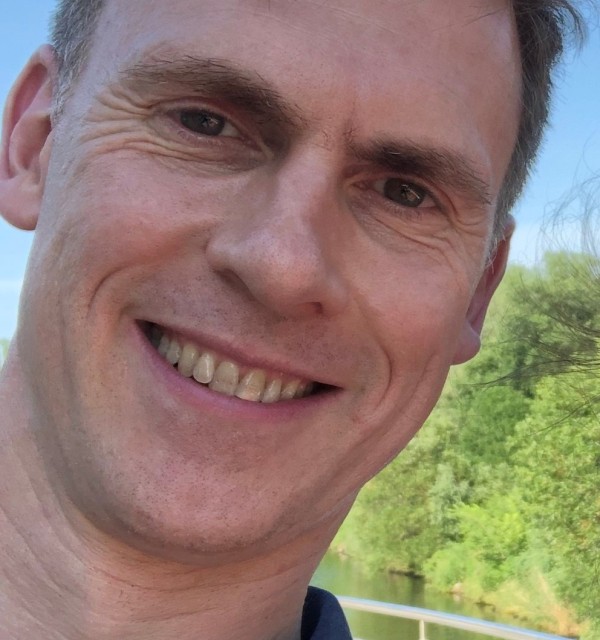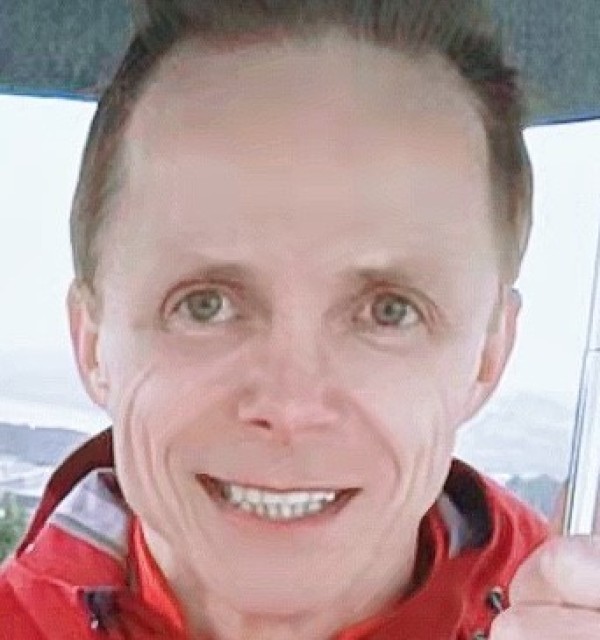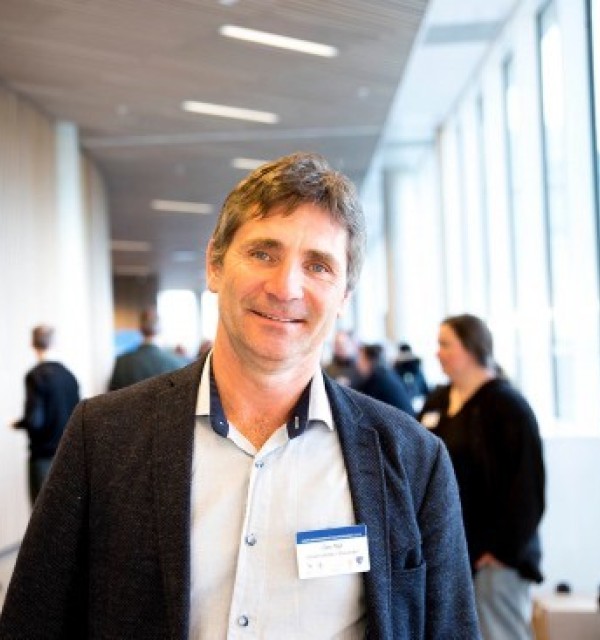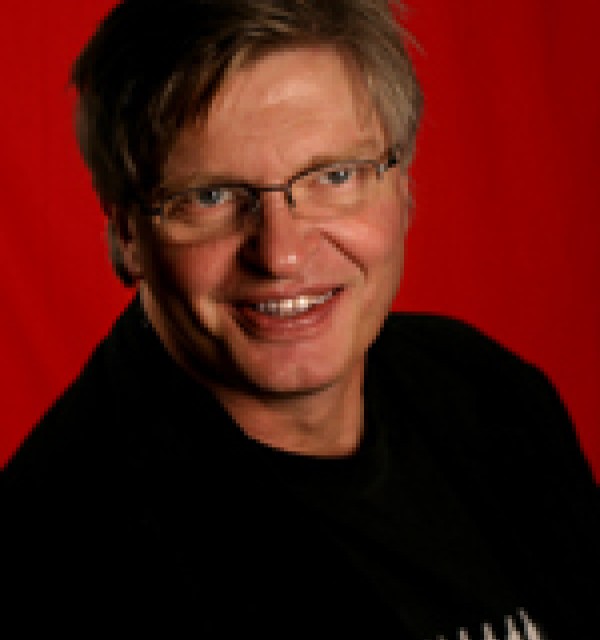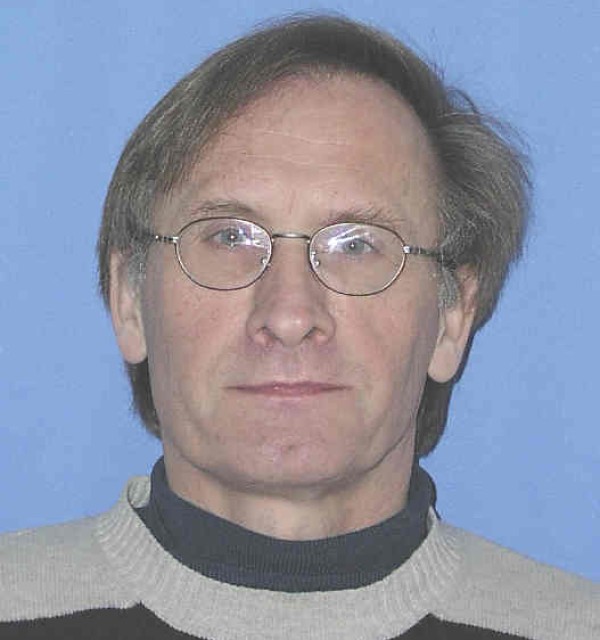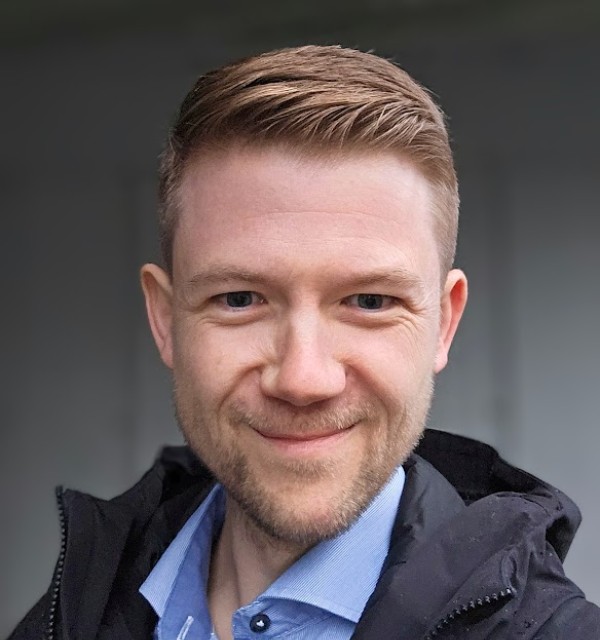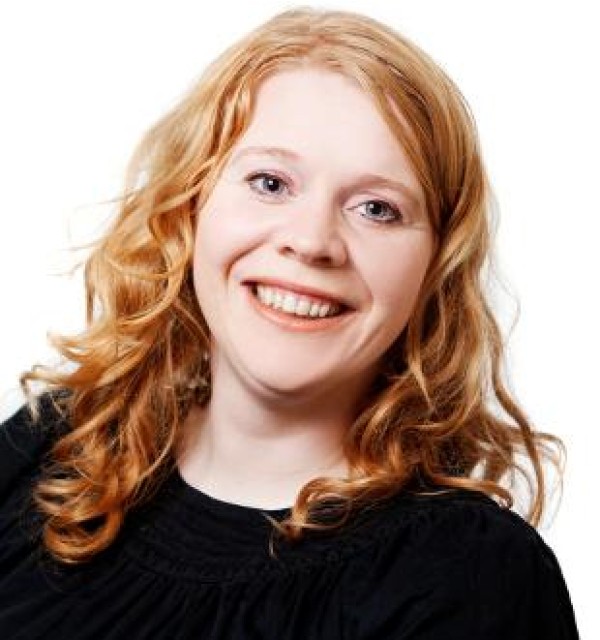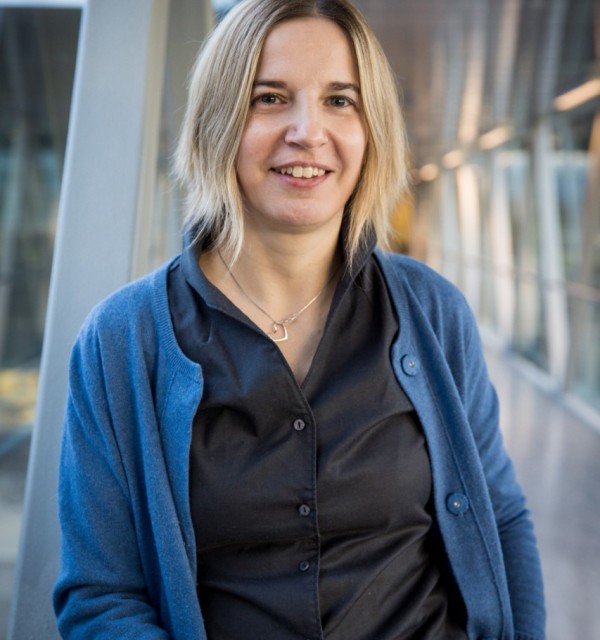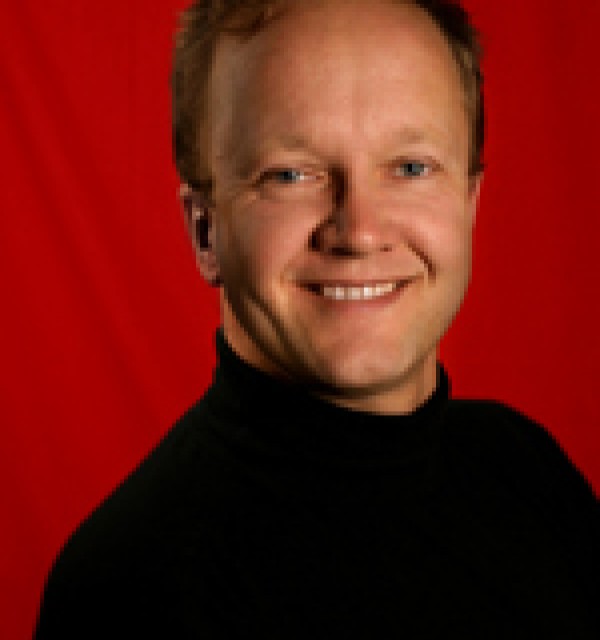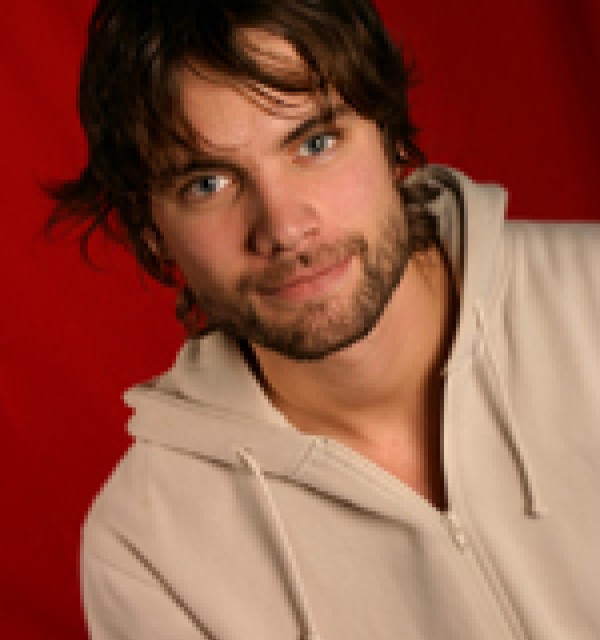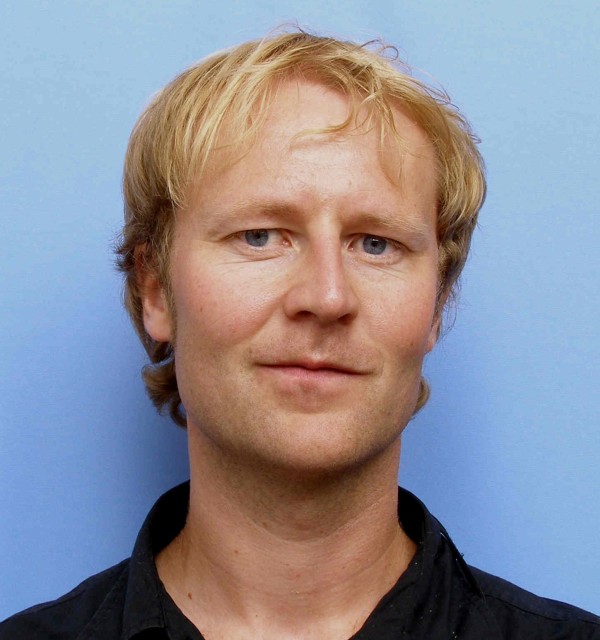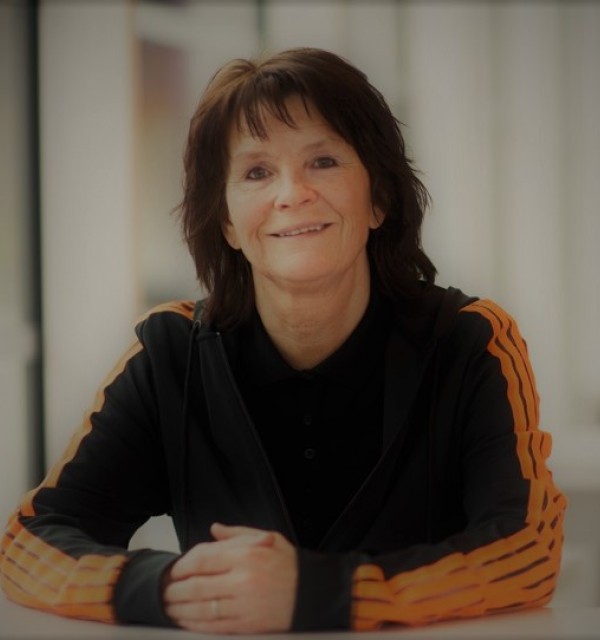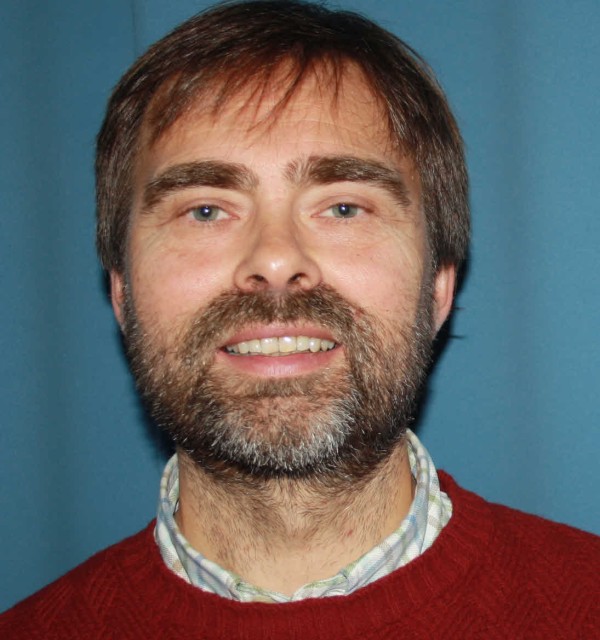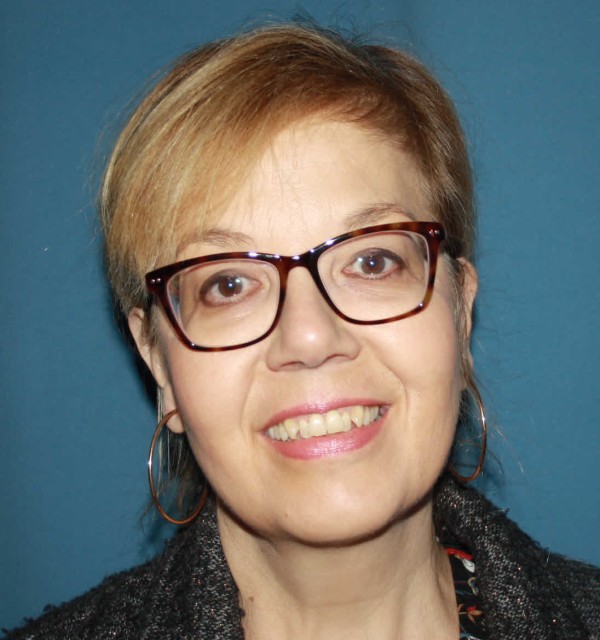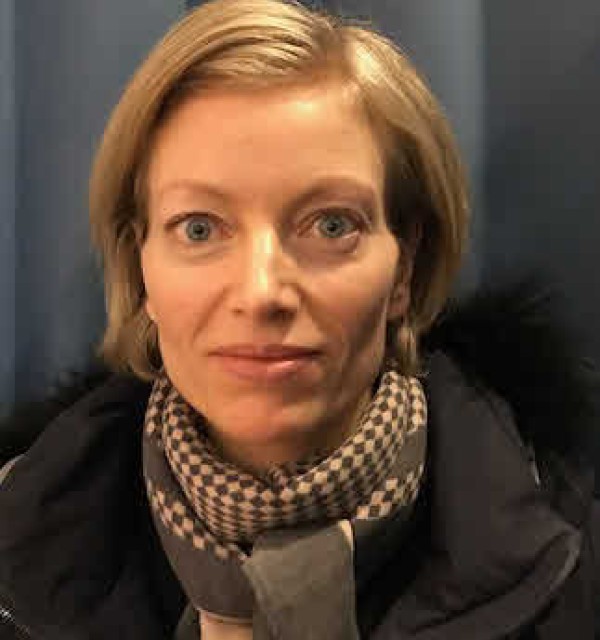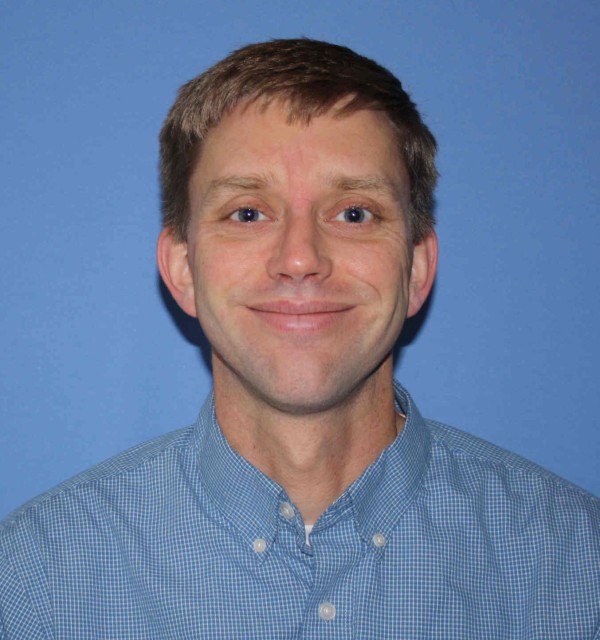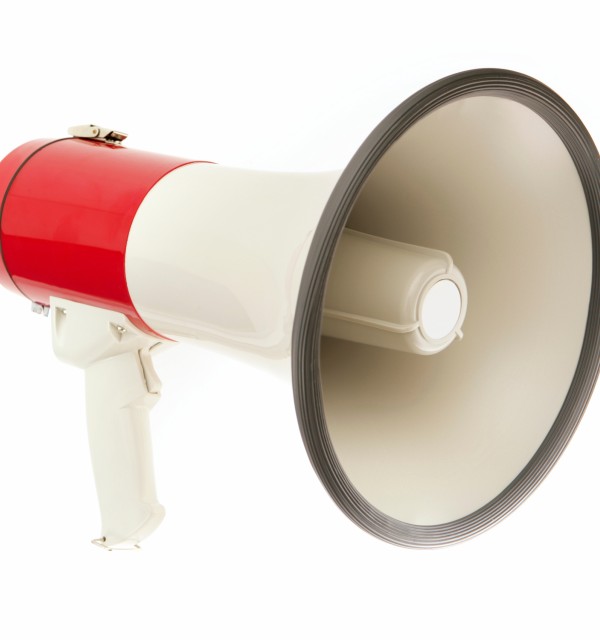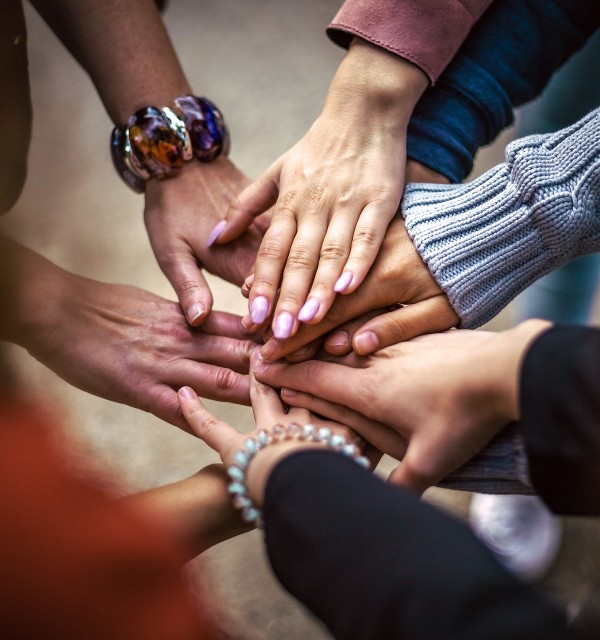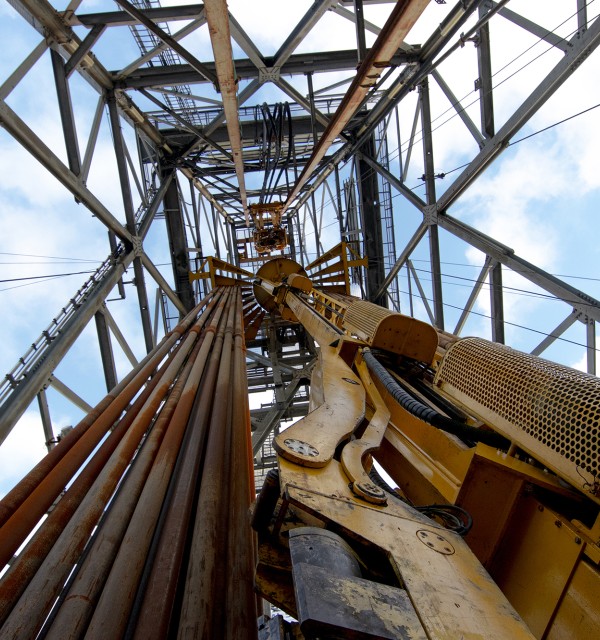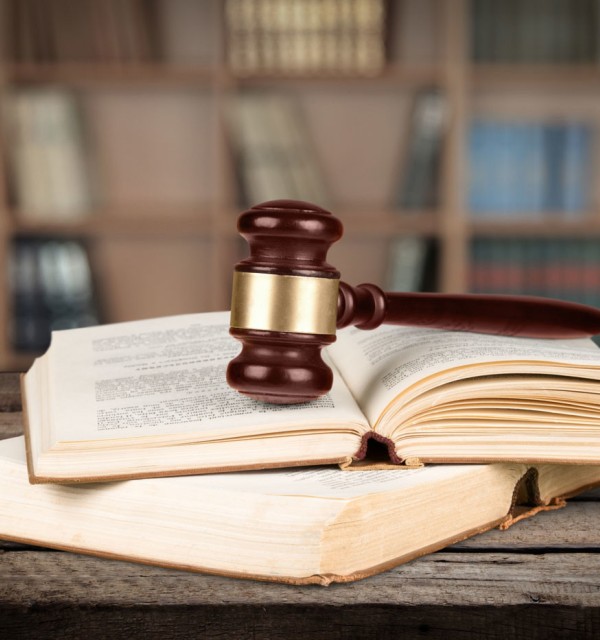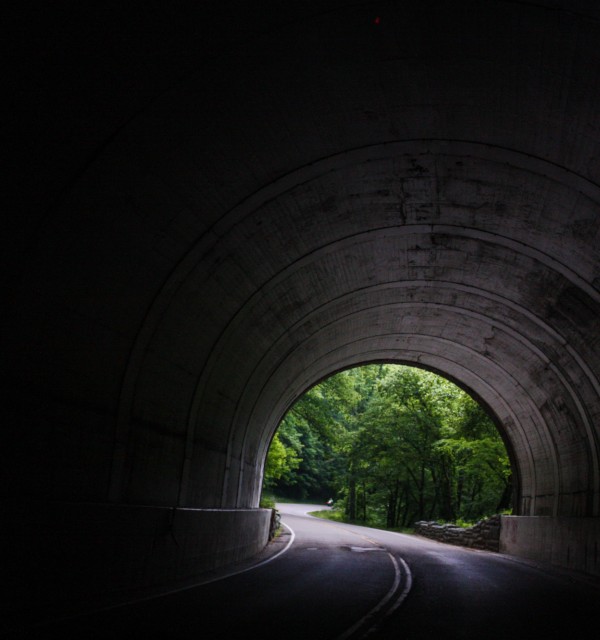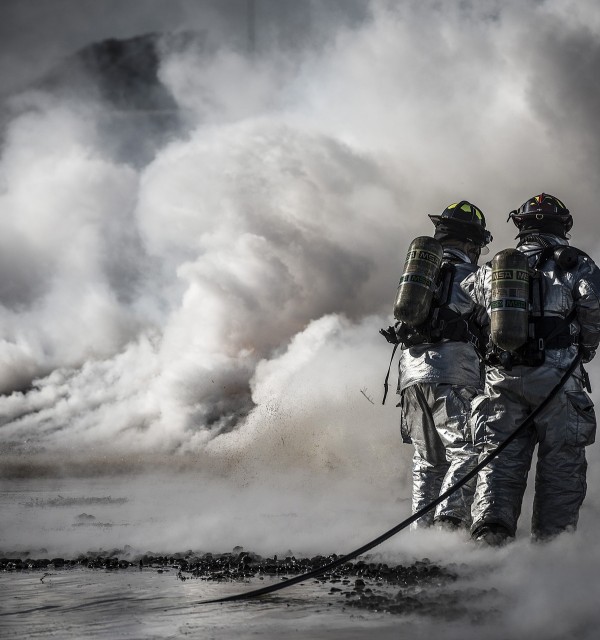This research group delivers new knowledge about societal safety and the concept of risk itself.
15
25
10

With 15 full-time academics – most of them professors – and some 25 PhD students, this research group is matched by no-one in the world.
Risk management
The risk analysis and risk management research field embraces principles, models and methods for understanding, analysing, describing, communicating and managing risk. Its results are applied in the business sector – particularly the oil industry, banking/finance, infrastructure, transport, food and health, as well as in the societal sector. The research has a focus on foundational issues in risk science.
Societal safety
The societal safety research field is related to extraordinary events, strains and stresses exposed on society, threats and risks in complex socio-technical systems, and various processes which could weaken social institutions.
Research into societal safety and security encounters many dilemmas and issues. These include
- the relationship between freedom and security/safety
- technological arrangements available to society and the consequences of utilising them
- expectations placed upon authorities for creating a safe and secure society
- the capabilities for fulfilling the expectations
- knowledge about the risks and hazards compared with how much people, organisations and society are willing to pay to deal with them
- a long-lasting perception of safety and security, and the increasing vulnerability of societal structures
- the responsibility for operating critical infrastructure and the responsibility for providing societal safety and security.
Engaging in society
Our researchers contribute to society by disseminating their knowledge. Maybe you want to collaborate with us too?
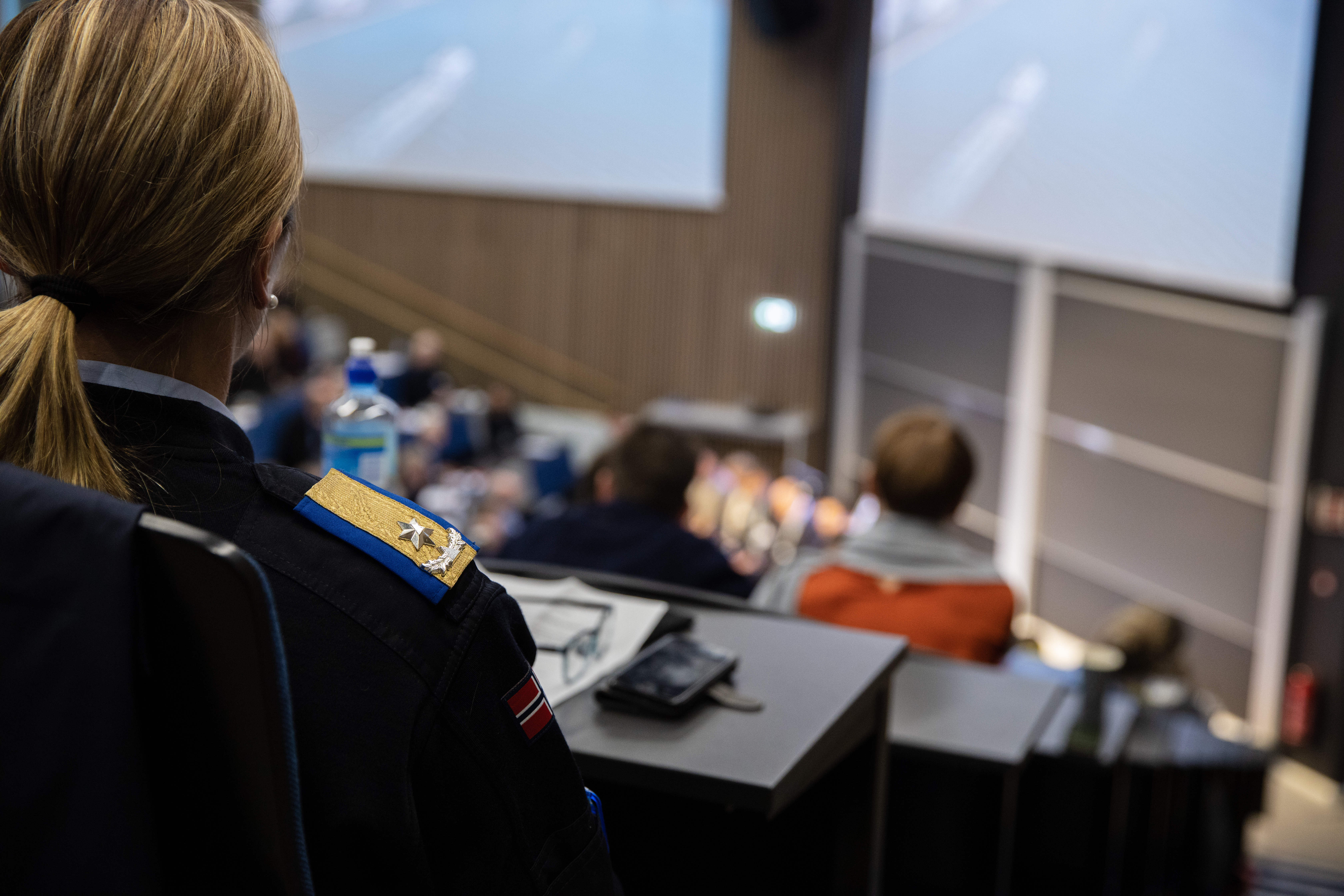
This research community is an important sounding board for decision-makers in Norway. Our academics are regularly chosen for national investigations, evaluations and expert groups. They also write curriculum and other books, and take part in public debbate.
The group is er secetariat for Beredskapsrådet for kunnskapssektoren (the National Council for Preparedness) and co-hosts the annual safety and security conference "Samfunnssikkerhetskonferansen", which takes place at University of Stavanger.
Our researchers work in close collaboration with colleagues in the NORCE research institute.
Study programmes
Our academics teach a number of study programmes, including a PhD programme.
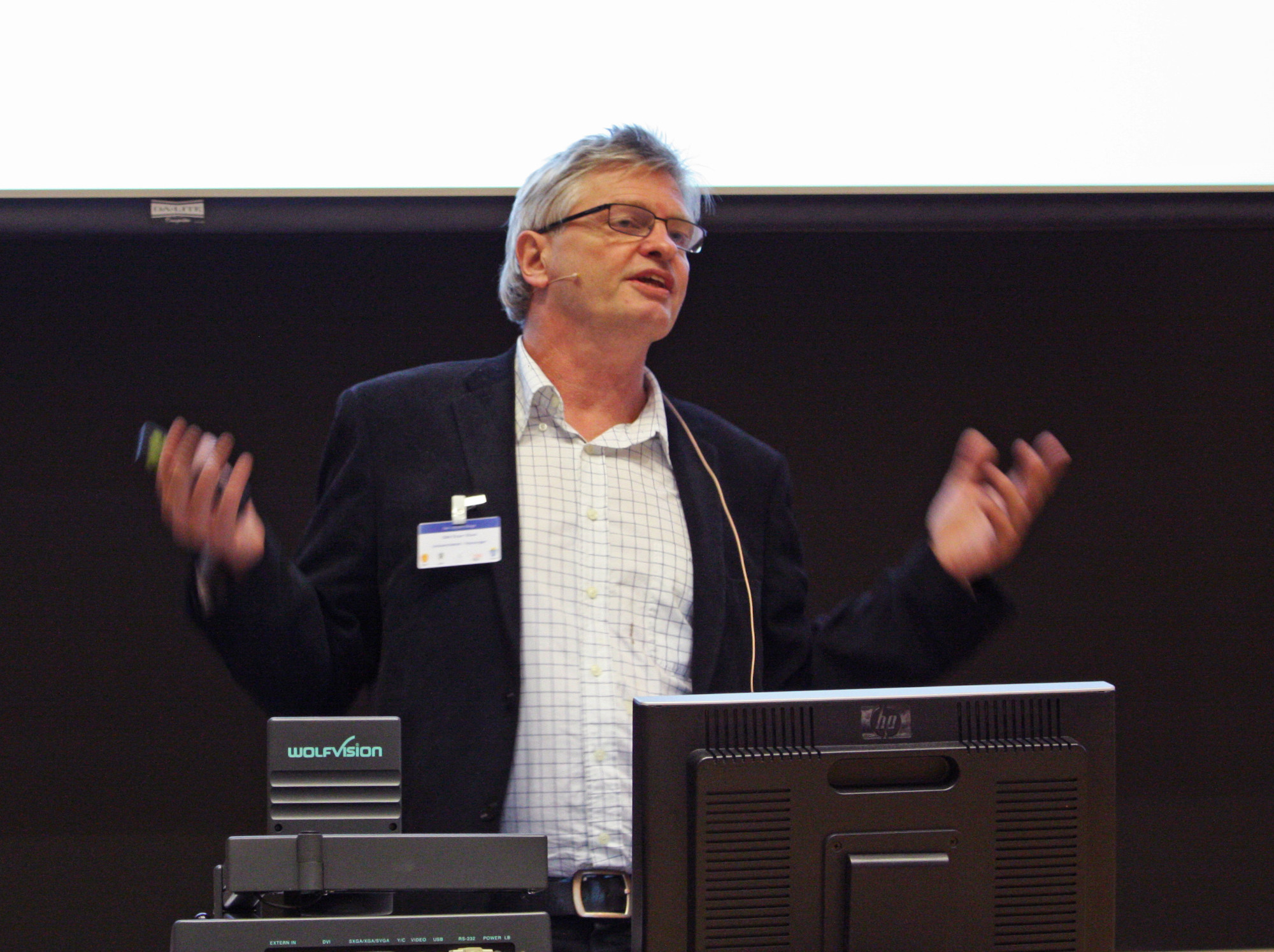
Post-graduate degree programmes:
- PhD: Risk Management and Societal Safety (in Norwegian)
- Societal Safety - Master's Degree Programme (in Norwegian)
- Risk Management - Master's Degree Programme
- Risk Analysis and Governance - Master's Degree Programme
The academic staff teaches courses in the following Master Degree Programmes:
- Industrial Economics - Master's Degree Programme (in Norwegian)
- Change Management - Master's Degree Programme (in Norwegian)
- Energy, Environment and Society - Master's Degree Programme
Education beyond qualification:
In collaboration with UiS EVU, SEROS offers an exclusive part time master programme for highly qualified and motivated applicants.
- Master in Risk and Safety Management (90 ECTS) (in Norwegian)
For information about the part time Master in Risk Management and Safety Management please contact:
Frode Leidland, advisor UiS EVU
Office: 518 33 091, Mob: 920 76 955
E-mail: frode.leidland@uis.no
The research group
Projects
Former projects
- Safera-STARS: SocioTechnical safety Assessment within Risk Regulation Regimes – STARS, (2014-16).
- Norwegian Oil and Gas Association - Understanding, assessing and managing risk and the unforeseen: A new way of thinking
- Research Centre for Arctic Petroleum Exploration (ARCEx) – WP3: Environment Risk Management – Task 3.5 Application of risk and uncertainty concepts, principles and methods
- Nordic assessment of OHS-certification
- Centre for drilling and wells for improved recovery (SBBU) – Project: Well integrity – Subtask: Degradation and failure mechanisms
- The role of human factors and non-technical skills in improving patient safety in helicopter emergency medical services
- National response to terrorist threats
- High risk road users - an assessment of investigations of fatal accidents
- Emergency response training
- Planning and executing dangerous goods transport
- Approach for assessing the performance of emergency response arrangements
- Risk management and governance (UiS, NFR)
- How to reflect human and organizational factors in risk assessments (NFR)
- SORISK - The social determination of risk (NFR)
- HSE petroleum – change, organisation and technology
- Patient safety – managing undesired events in healthcare
- The social production of safety (NFR)
- Profiling and information security
- Child in the car – a study of the introduction of the child seat
- Risk level project (Ptil)
- Risk and uncertainty (NFR)
- Risk and decision tools (NFR)
- Managing health sector risks (Helse vest)
- BORA - barrier and operational risk analysis (NFR, HSE, Ptil, oil and gas industry)
- BAS5 - risk analysis and infrastructure (NFR, FFI, Proactima)
- Civil-Military Cooperation in international humanitarian emergencies
- Crisis management, Mass Grave Investigations and Societal Safety in Post-Conflict Societie
- Emergency Preparedness and Management (EPM) in natural disasters
- Human security and human rights; linking the development and the security discourses
- Learning in Emergency Organizations
- Societal Safety in Complex Emergencies: Conceptual developments
- Coordination of humanitarian operations in complex emergencies
- Dilemmas in a humanitarian crisis: Evaluation of Norwegian Refugee Council's operations in South Darfur
- Emergency management and rescue operations
- Humanitarian organizations and gender-based protection in international humanitarian emergencies
- Media and Crisis Management: Cooperation and conflict between journalists and crisis managers
- Responses to the tsunami of December 26th 2004: Evaluation of Norwegian Refugee Council's relief work in Sri Lanka and Indonesia
Contacts for risk management & societal safety, respectively
Department of Safety, Economics and Planning
Department of Safety, Economics and Planning
SEROS
Centre for Risk Management and Societal Safety (SEROS) is a former research centre hosted by UiS.
SEROS was established by UiS and NORCE (then IRIS) in 2009, and discontinued ten years later, in 2019.
The centre contributed to building a world-class research environment within the fields of risk management and societal safety. Even though the centre structure is disbanded, the academic community remains strong and thriving.
